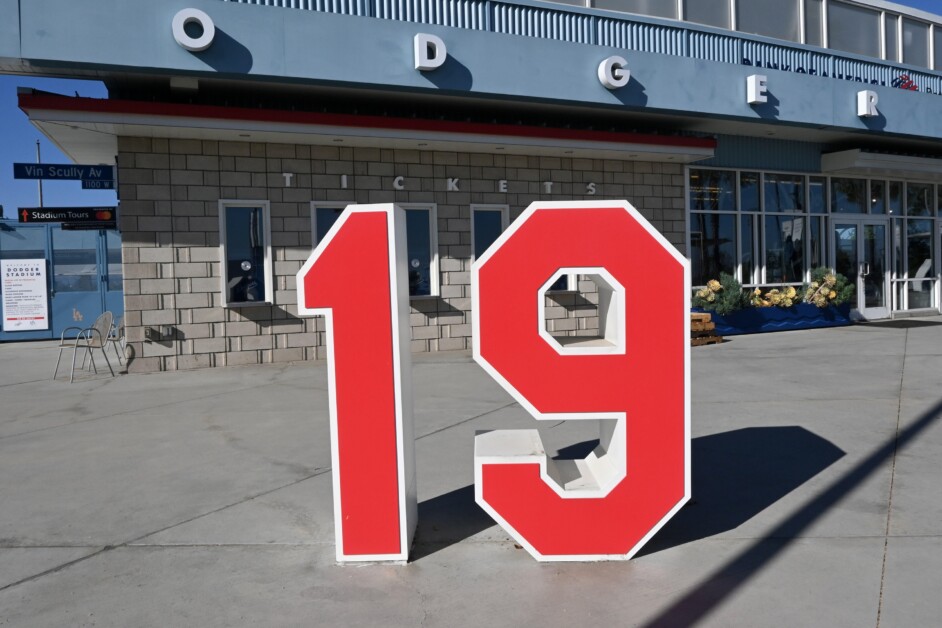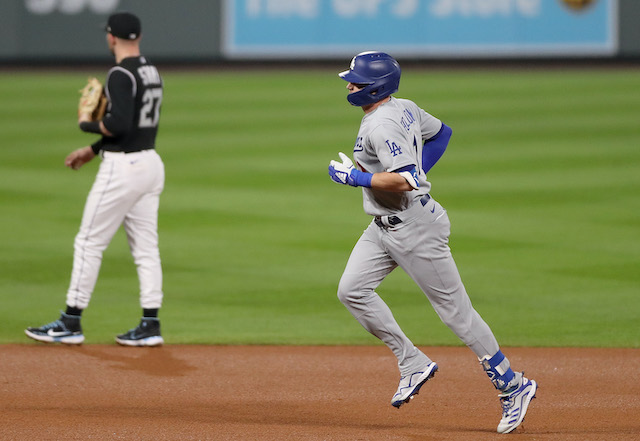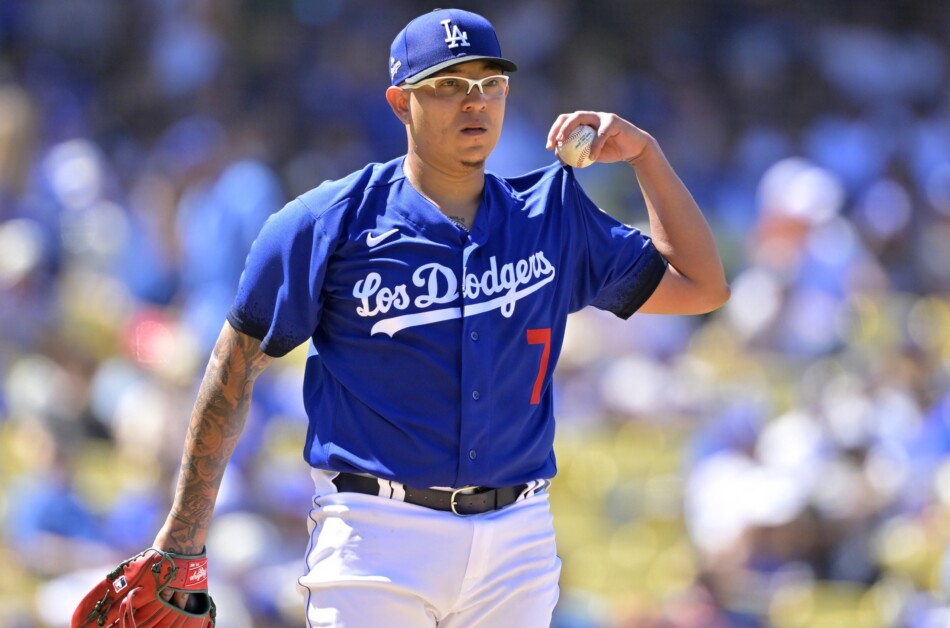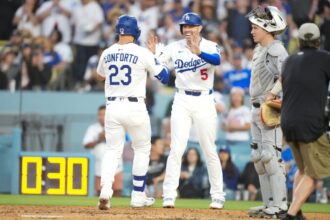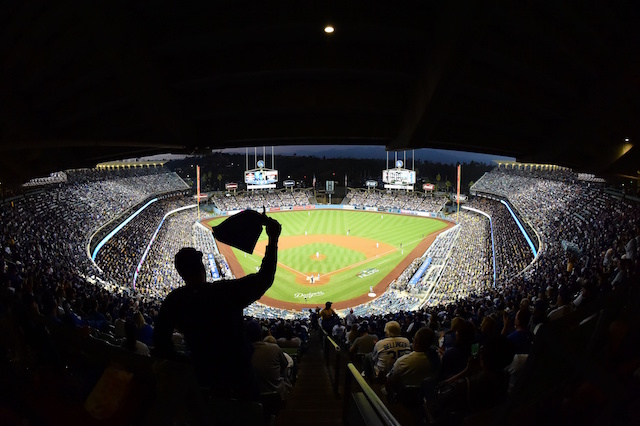Today marks the 45th anniversary of the passing of James William “Junior” Gilliam, a baseball icon whose career was a tapestry of historic moments and groundbreaking accomplishments.
Born on October 17, 1928, in Nashville, Tennessee, Gilliam’s journey to the pinnacle of baseball began at age 14 when he played for a local semi-pro team. He soon ventured into the Negro National League, where he played for the Baltimore Elite Giants from 1946 to 1950. Gilliam acquired his enduring nickname, “Junior,” and achieved All-Star status for three consecutive years from 1948 to 1950.
In 1951, Gilliam’s talent caught the attention of the Brooklyn Dodgers. However, racial barriers in the Texas League meant he couldn’t play for the Dodgers’ Double-A affiliate, the Fort Worth Cats. Instead, he showcased his prowess in the Triple-A International League with the Montreal Royals, leading the league in both 1951 and 1952 runs.
Gilliam’s major league debut in April 1953 was nothing short of outstanding. Taking over second base from the legendary Jackie Robinson, Gilliam scored a team-leading 125 runs for the National League champions. That same year, he led the National League in triples and earned honors for National League Rookie of the Year.
Over the years, Gilliam was instrumental to the Dodgers’ successes in Brooklyn and Los Angeles over the years, contributing to ten National League championship teams between 1953 and 1978. Beyond his achievements on the field, Gilliam made history by becoming one of the first African-American coaches in the major leagues.
Gilliam’s post-season experiences were also noteworthy. He played in seven World Series with the Dodgers, clashing with the New York Yankees four times and achieving notable feats, such as scoring the only run of Game 3 in the 1963 World Series.
Tragically, Gilliam suffered a massive brain hemorrhage at his home on September 15, 1978, and fell into a coma from which he never awoke. He passed away in Inglewood, California, just days before his 50th birthday. In a touching tribute, the Dodgers retired his uniform number, 19, two days after his death, ahead of Game 1 of the 1978 World Series.
Despite his absence, Gilliam’s legacy lives on. His spirit is immortalized in the heart of Nashville with a street sign honoring him in front of First Horizon Park.
Gilliam’s former teammate, Jeff Torborg, captured the essence of the baseball legend, stating, “What a great team player he was. He’d hit behind Maury, take pitch after pitch after pitch.” Dodgers’ second baseman from 1972 to 1981, Davey Lopes, encapsulated the sentiments of many when he described Gilliam as a “Father, friend, and locker room inspiration that will never be forgotten.”
Today, as we remember Jim Gilliam, we celebrate not just the ballplayer but the man whose spirit and tenacity shaped the very essence of baseball.



